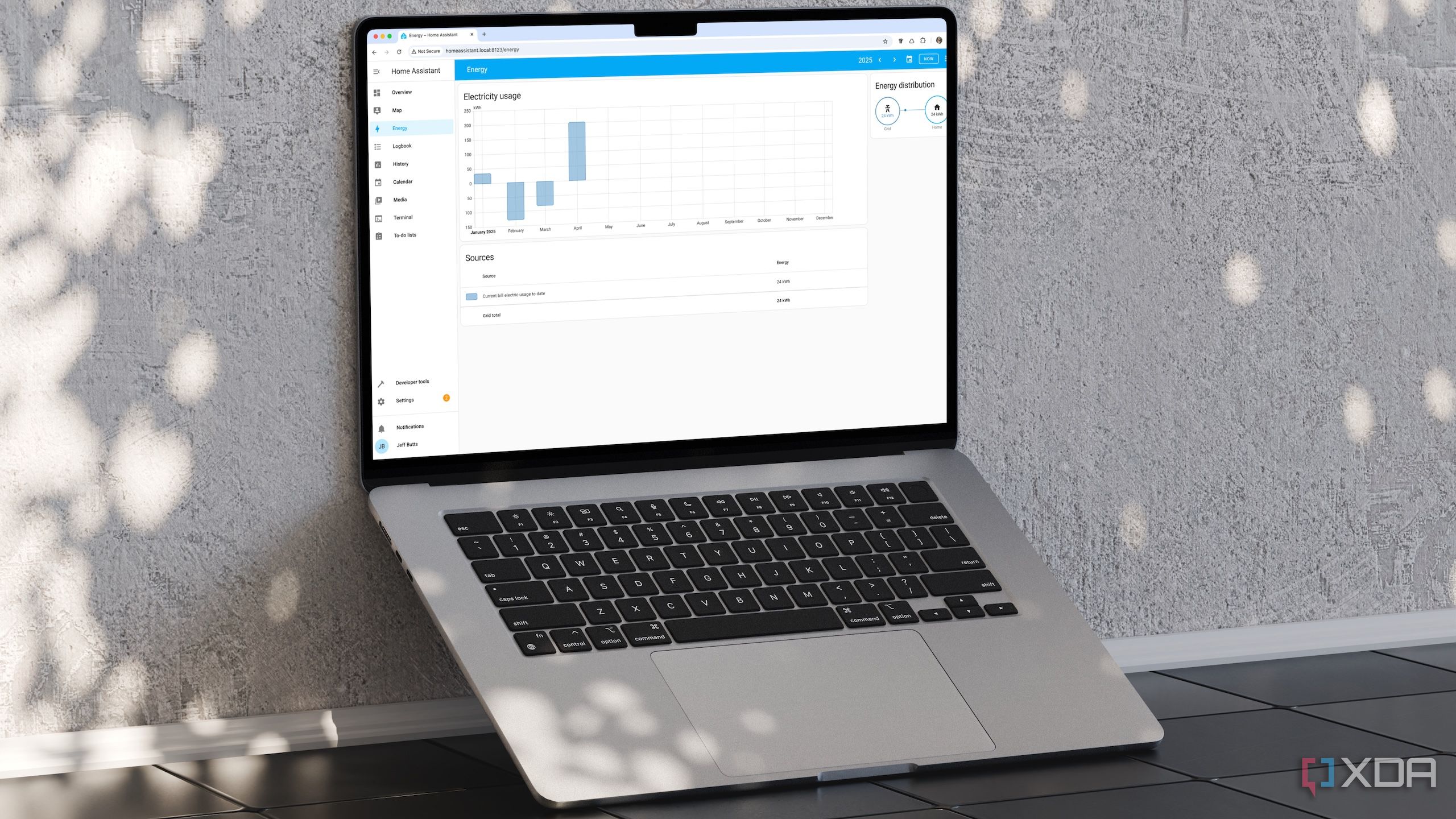URGENT UPDATE: Home Assistant enthusiasts are being strongly advised to transition to the dedicated Raspberry Pi for an optimal smart home experience. Reports confirm that using a Raspberry Pi, particularly the Raspberry Pi 4B or 5, significantly enhances reliability, feature access, and community support for home automation systems.
This development is crucial for anyone serious about home automation, as it ensures seamless integration and powerful functionality. The official Home Assistant Operating System (HAOS) has been tailored specifically for the Raspberry Pi, guaranteeing the most reliable updates and compatibility. Users still relying on virtual machines or network-attached storage (NAS) setups may face frustrating limitations, including unstable connections and complicated troubleshooting.
Key advantages of utilizing a Raspberry Pi include:
1. **GPIO Pins Access**: The GPIO pins on the Raspberry Pi allow users to create hardware-based automations that are impossible to replicate on many other systems. This feature enables direct connections to sensors and devices, enhancing the DIY automation experience.
2. **Official Support**: The HAOS is optimized for Raspberry Pi, which means fewer compatibility issues and a simplified user experience. This support is vital for maintaining a stable and efficient smart home setup.
3. **Expansion with HATs**: Raspberry Pi’s ecosystem of Hardware Attached on Top (HAT) modules provides unmatched opportunities for expansion. With tools like Zigbee and Z-Wave HATs, users can enhance their home automation without relying on additional dongles that may compromise stability.
4. **Reliable USB Device Passthrough**: Direct connection of USB dongles for Zigbee, Z-Wave, or Bluetooth is straightforward with Raspberry Pi, avoiding latency issues common in VM environments. This direct link is crucial for maintaining a robust smart home network.
5. **Access to the Home Assistant Community Store (HACS)**: Users can easily tap into thousands of community-built integrations and themes, enriching their Home Assistant experience. Without the Supervisor feature, access to HACS is restricted, which minimizes functionality.
In a landscape where smart home technology is evolving rapidly, the Raspberry Pi stands out as the optimal platform, ensuring users are not left behind. Community support is more robust for Pi users, as most guides and tutorials are crafted with this hardware in mind. This means that when encountering challenges, users can find solutions tailored to their setup, enhancing their overall experience.
As the smart home industry expands, the decision to utilize a Raspberry Pi is becoming increasingly critical. For those looking to create a reliable and versatile home automation system, the Raspberry Pi is not just a recommendation; it’s a necessity.
Next Steps: Users are encouraged to make the switch to Raspberry Pi immediately to take advantage of its numerous benefits. For those who have not yet made the transition, the time to act is now to ensure a seamless and reliable smart home experience. Additionally, stay tuned for further updates as the Home Assistant community continues to innovate and expand its capabilities.





































































